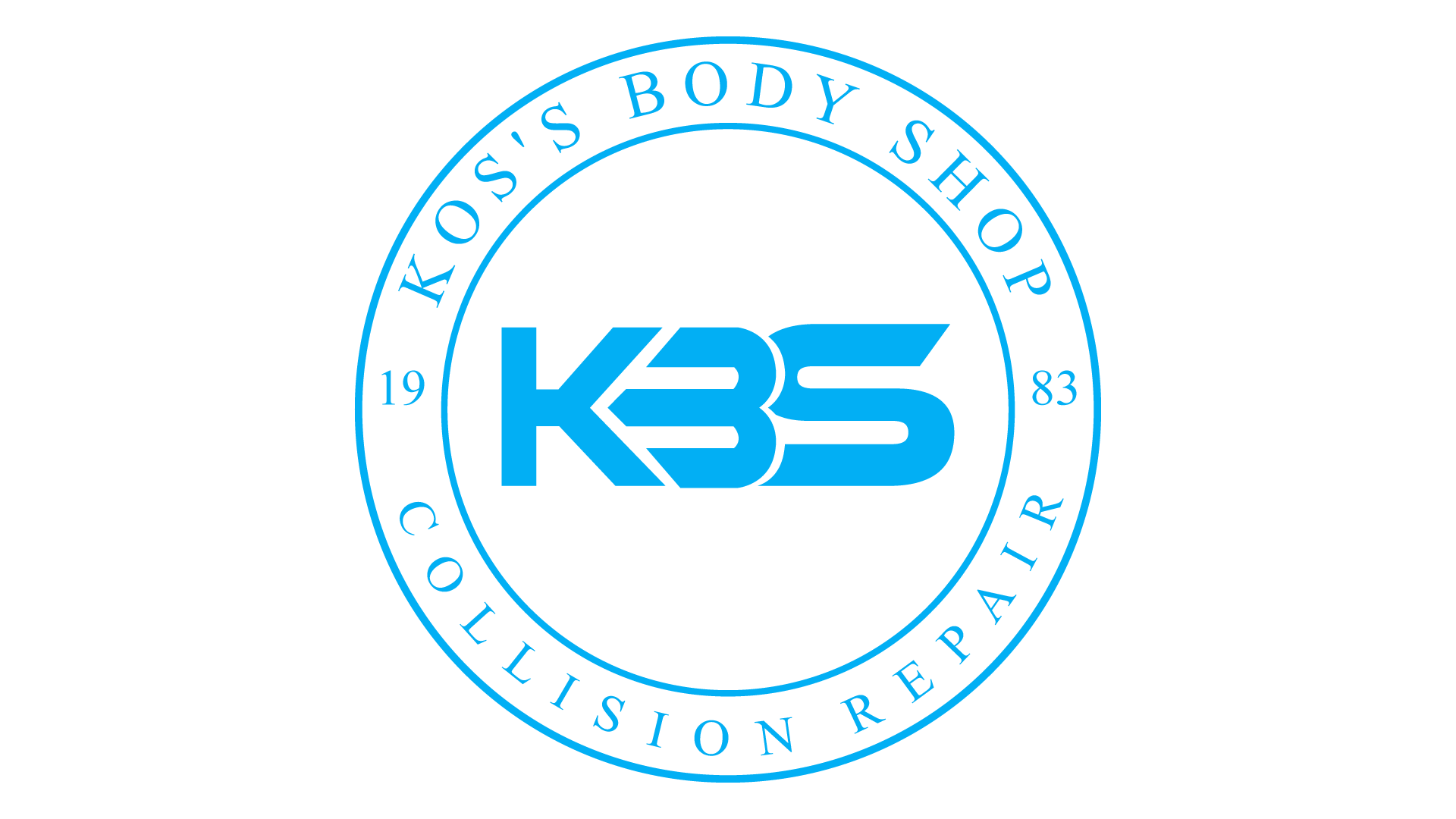Should You Buy An Electric Vehicle??
Why Owning an Electric Vehicle Isn’t As Bad
As Most People Think
When electric vehicles (EVs) first started hitting the roads, many people were skeptical. From range anxiety to concerns about charging infrastructure, there’s been a lot of questions around EVs that has kept some drivers hesitant about making the switch. But in recent years, things have changed. EVs have become more affordable, efficient, and accessible, proving that owning one isn’t as bad as it’s often made out to be.
Let’s take a look at some of the common misconceptions about EVs and why they’re far from the dealbreakers people once thought.
1. I’ll Be Stuck Without Charging Stations
One of the biggest fears people have about owning an electric vehicle is running out of juice and not being able to find a charging station. While this concern was once valid—especially for early buyers—today's charging availablity is much different. EV charging infrastructure has been growing exponentially.
In many cities, charging stations are as common as gas stations. Major highways are now lined with fast chargers, making long road trips much less stressful. Plus, more EV owners are opting to install home chargers, which means you can wake up every day with a full battery.
Charging times have also improved. While it’s true that a quick “fill-up” at a fast charger may still take 30 minutes or more, most EV owners find they’re charging at home overnight, just like plugging in their phone. And with innovations in ultra-fast charging, you’ll likely see even shorter charging times as the technology improves.
2. EVs Are Too Expensive
It’s true that the initial cost of an EV can be higher than a comparable gas-powered car. However, this initial price difference is shrinking. Plus, government incentives, tax credits, and rebates can significantly reduce the overall cost of buying an EV. In fact, some models are now in the same price range as their gasoline counterparts.
But even if the upfront cost is a bit higher, owning an EV can save you money in the long run. EVs generally have lower maintenance costs. No oil changes, fewer parts that wear out, and electricity is usually cheaper than gasoline, so you’ll spend less on fuel over the life of the car.
3. EVs Don’t Have Enough Range
Range anxiety—worrying that your EV won't have enough juice to get you where you need to go—was a valid concern for early models, but today’s EVs are more than capable of handling daily drives and even long road trips. The average electric car on the market today has a range of 250-350 miles on a full charge, and some premium models can exceed 400 miles.
For the vast majority of people, this is more than enough to cover your daily commuting needs. Plus, with more fast-charging options available, you can quickly top off your battery during long road trips, just like you would at a gas station.
4. EVs Aren’t Fun to Drive
Some people think of electric cars as slow and uninspiring. In reality, EVs can be a blast to drive! The instant torque of electric motors means they accelerate quickly and smoothly, often providing a thrilling driving experience right from the get-go. Whether you’re cruising around the city or zipping down the highway, an electric car offers a quiet, responsive, and fun ride.
In fact, many performance-oriented brands—like Tesla, Porsche, and even Audi—have produced high-performance EVs that rival, if not exceed, the capabilities of their gasoline-powered counterparts.
5. They Don’t Last as Long as Gas Cars
Another misconception about electric vehicles is that their batteries will degrade quickly, leaving owners with a useless car. While it’s true that EV batteries will degrade over time, the rate of degradation is much slower than many people expect. Most EV manufacturers offer warranties for 8 years or more on their batteries, and even after that, the battery will still likely have a significant amount of life left.
Additionally, advances in battery technology mean that newer EVs are less prone to rapid degradation, and replacement batteries are becoming more affordable. Many EV owners report that after several years, their cars still have a range that’s more than sufficient for daily use.
6. I Won’t Be Able to Find Parts or Get Repairs
Early EV models did have limited availability of parts, but this is no longer a major concern. As more automakers enter the EV market and the technology matures, there are now an increasing number of service centers and independent repair shops that specialize in electric vehicles. Kos’s Body Shop is the only certified repair shop in Cambria County.
Furthermore, the simplicity of EVs (fewer moving parts and no combustion engine to maintain) means they generally require less maintenance. Issues that arise are often software-related, and many can be addressed via over-the-air updates, eliminating the need for a service visit altogether.
To Sum It All Up:
As the technology behind electric vehicles continues to evolve and improve, the challenges that once made owning an EV seem like a hassle are becoming less and less significant. Whether it’s the availability of charging stations, decreasing costs, or improvements in battery technology, owning an electric vehicle is no longer as bad as it may have once seemed.

